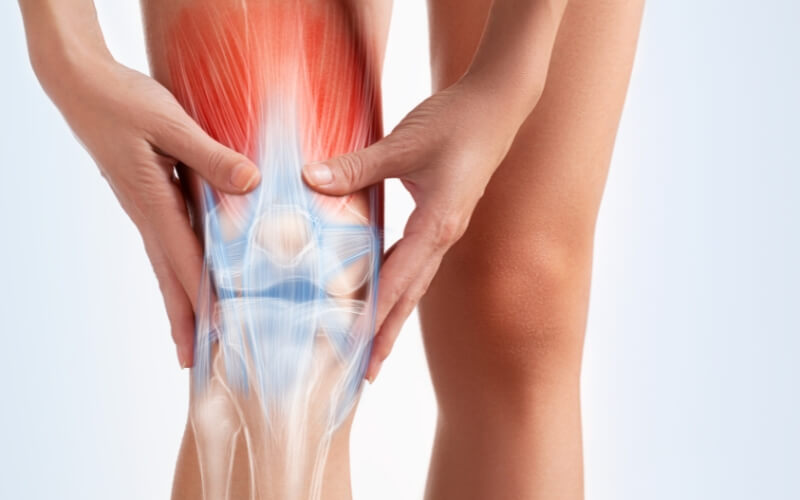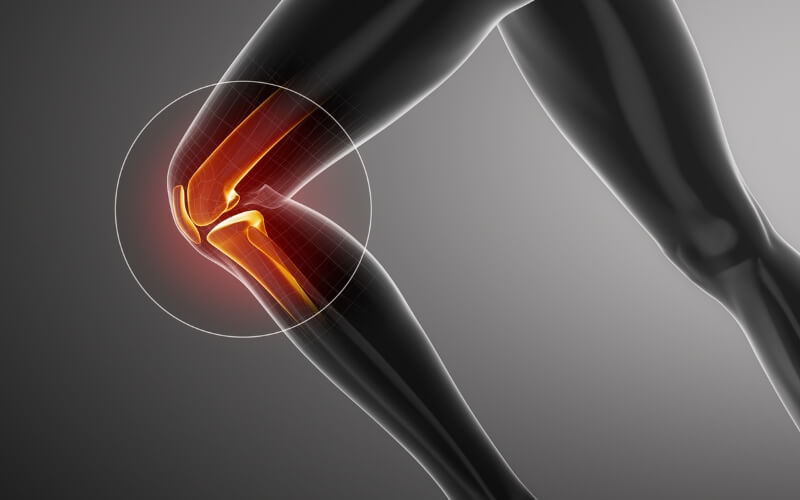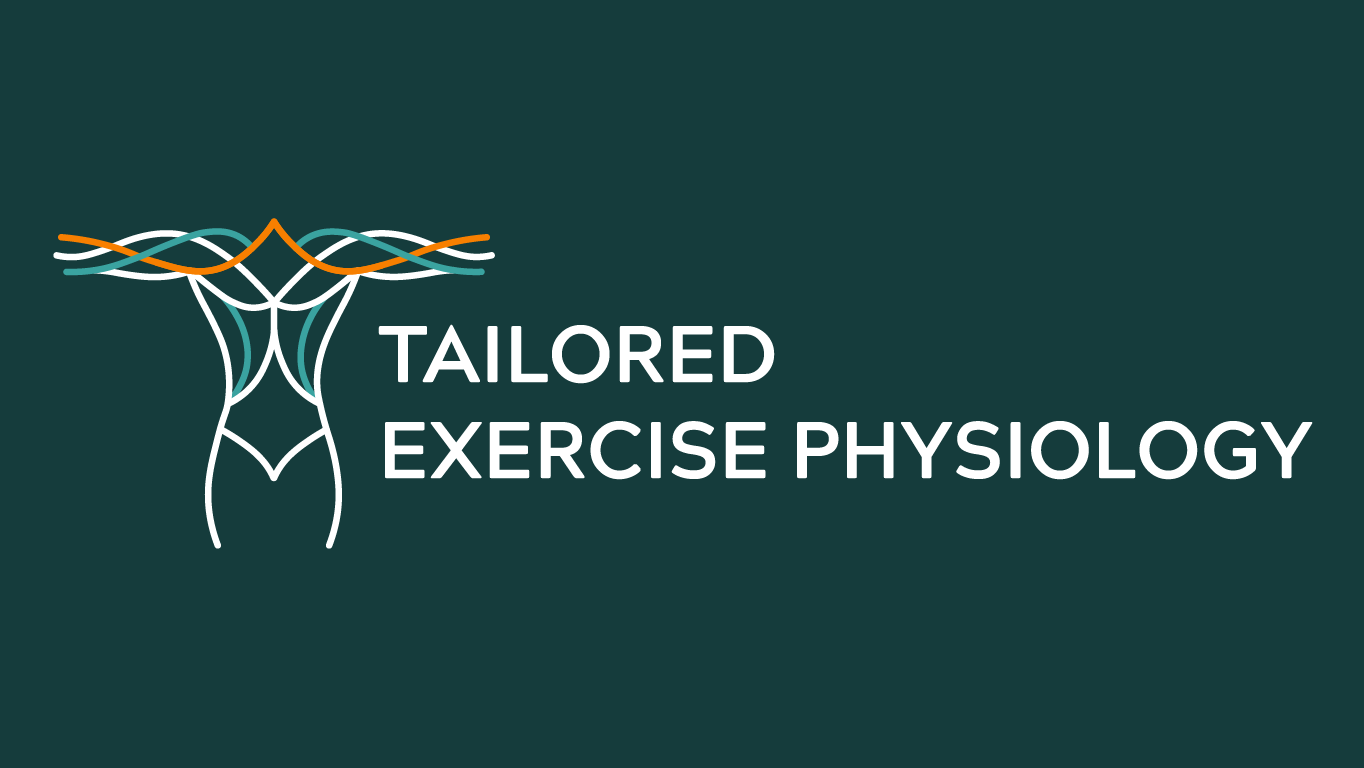What is Runner’s Knee?
Runner’s knee, or Patellofemoral Pain Syndrome (PFPS), is an umbrella term used to describe chronic pain arising from or around the knee cap. It affects people of all ages but is particularly prevalent among adolescents, athletes, and those with an active lifestyle. The pain typically arises at the front of the knee, often worsening with activities like running, squatting, or climbing stairs.

Understanding the Anatomy: Why Does Runner’s Knee Occur?
The knee joint is a complex structure made up of hard and soft tissue such as bones, cartilage, ligaments, and muscles that work together to facilitate movement. The knee cap sits in a groove at the end of the thigh bone, gliding smoothly during knee movement. However, when the forces acting on the knee cap become imbalanced, it can lead to improper tracking, irritation, and pain.
Factors contributing to runner’s knee include:
- Overuse and repetitive stress: High-impact activities or change in exercise regime can affect the knee joint.
- Anatomical or biomechanical abnormalities: Malalignment can occur due to patella size, shape and orientation, or due to biomechanics of the knee in relation to the hip and foot.
- Inadequate recovery: Training without proper rest can lead to joint irritation.
Treatment for Runner’s Knee: The Role of Exercise Physiology
A well-structured exercise program is among the most effective treatments for runner’s knee.
Multiple high-quality randomised controlled trials (RCTs) and systematic reviews support exercise therapy as a primary intervention for managing runner’s knee.
Patellofemoral Pain Exercises
Quadriceps Strengthening
A systematic review supports the effectiveness of exercise in reducing pain and increasing function in patients with PFPS.
Exercises: Seated leg extensions, wall sits, step-ups.
Hip and Glute Strengthening
Combining hip and knee exercises has been found to be most beneficial during therapy due to the multifactorial aetiology of PFPS.
Exercises: Glute bridges, side-lying leg raises, monster walks with resistance bands.
Lower Limb Stability
A treatment approach consisting of a combination of hip- and knee-strengthening exercises was more effective in improving function and reducing pain compared to knee exercises alone.
Exercises: Single-leg balance drills, planks, and controlled lunges.
Load Management and Activity Modification
- Reducing high-impact activities temporarily
- Implementing a progressive return-to-sport plan
- Cross-training with low-impact activities like swimming or cycling

Other Potential Causes of Anterior Knee Pain
While runner’s knee is common, other conditions can also lead to anterior knee pain, including:
- Patellar tendinopathy (Jumper’s knee) – Characterised by localised pain at the patellar tendon.
- Osgood-Schlatter disease – Common in adolescents, involving inflammation where the patellar tendon attaches to the tibia.
- Chondromalacia patellae – Softening of the cartilage under the kneecap.
- Meniscal injuries or osteoarthritis – More common in older individuals or those with a history of knee trauma.

Conclusion
Runner’s knee can significantly impact daily activities and athletic performance. However, with a structured treatment for runner’s knee focusing on patellofemoral pain exercises, movement retraining, and load management, recovery is achievable.
If you’re experiencing persistent anterior knee pain, consulting an exercise physiologist can help tailor a program to your specific needs and get you back to pain-free movement with effective patellofemoral pain syndrome rehab exercises.
Get in touch with our qualified Exercise Physiologist to help with your runner’s knee rehab.


